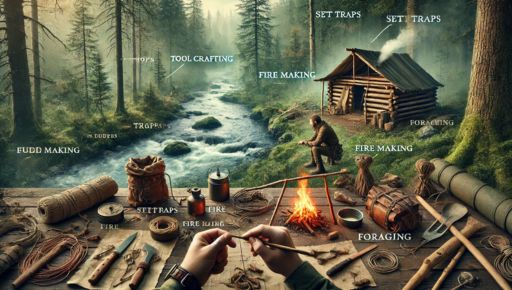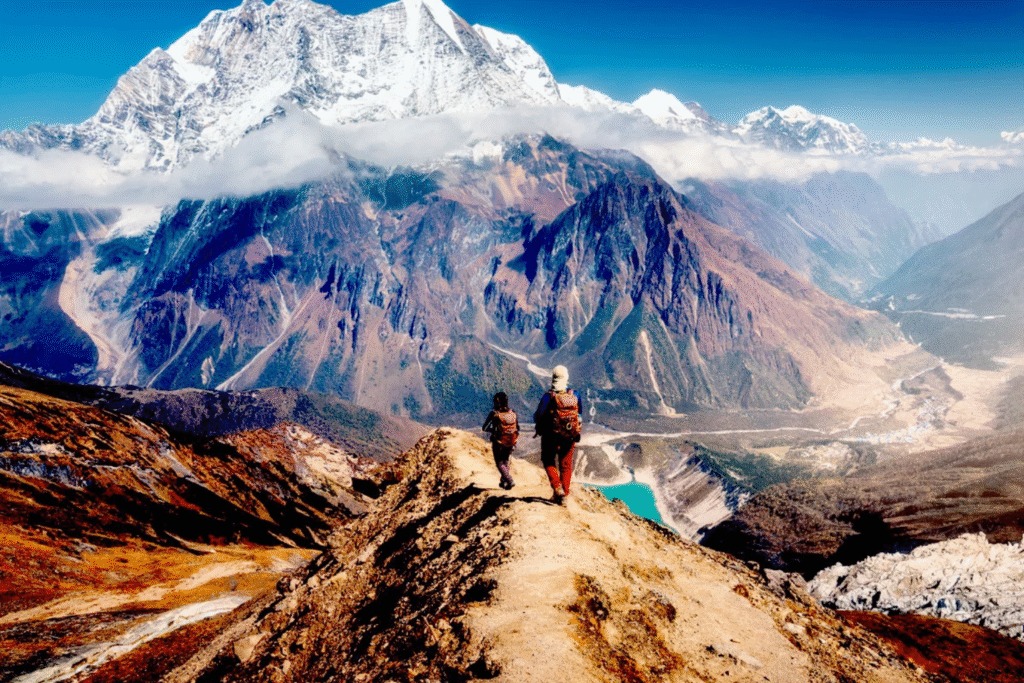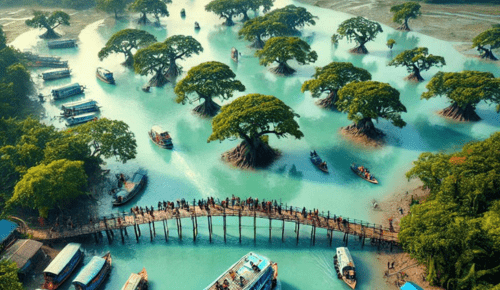In today’s fast-paced and technology-driven world, it’s easy to feel disconnected from nature. However, mastering bushcraft skills can not only help you survive in the wild but also reconnect you with the earth in a profound way. Whether you’re an avid hiker, a weekend camper, or a hardcore survivalist, learning essential bushcraft skills is a worthwhile endeavor that can enrich your outdoor experiences and potentially save your life in an emergency situation.
What is Bushcraft?
Bushcraft is the art of thriving in the wilderness through utilizing natural resources and traditional skills. It involves mastering various techniques such as fire-making, shelter-building, foraging for food, navigation, and first aid. Bushcraft is about being resourceful, adaptable, and self-reliant in the great outdoors.
Why is Bushcraft Important for Survivalists?
For survivalists, bushcraft and survival skills are essential for thriving in the wild, especially in situations where modern conveniences are not available. Knowing how to start a fire without matches, build a shelter from natural materials, or identify edible plants can mean the difference between life and death in a survival scenario. Additionally, mastering bushcraft skills can boost your confidence, self-reliance, and overall sense of connection with nature.
Essential Bushcraft Skills for Survivalists
1. Fire-Making
Fire is one of the most crucial elements for bushcraft and survival in the wild. Knowing how to start a fire using primitive methods such as friction fire or flint and steel can keep you warm, cook food, purify water, and signal for help. Practice different fire-making techniques in various conditions to ensure you can start a fire when it matters most.
2. Shelter-Building
Building a shelter is essential for protecting yourself from the elements and maintaining body heat in the wilderness. Learn how to construct a variety of shelters using natural materials like branches, leaves, and bark. Mastering shelter-building techniques will help you stay dry, warm, and secure in any outdoor environment.
3. Foraging for Food
Knowing how to identify edible plants, mushrooms, and insects in the wild can supplement your food supply in a survival situation. Take the time to learn about local flora and fauna, as well as safe foraging practices. Remember, not all plants are safe to eat, so always err on the side of caution and consult a field guide if you’re unsure.
4. Navigation
Navigating without the aid of GPS or a compass is a valuable skill for survivalists. Learn how to read maps, use landmarks, track the sun and stars, and gauge your surroundings to navigate through unknown terrain. Practice orienteering in different environments to sharpen your navigation skills and build confidence in your ability to find your way.
5. First Aid
Accidents happen in the wilderness, and knowing how to administer first aid can save lives. Take a wilderness first aid course to learn essential skills like treating cuts, burns, sprains, and other common outdoor injuries. Pack a well-stocked first aid kit in your gear and be prepared to handle medical emergencies in remote locations.
Conclusion
Mastering essential bushcraft skills is a rewarding journey that can enrich your outdoor adventures and prepare you for survival situations. By learning how to make fire, build shelter, forage for food, navigate, and administer first aid, you can enhance your self-reliance, confidence, and connection with nature. Whether you’re a beginner or an experienced survivalist, honing your bushcraft skills is a valuable investment in your outdoor skillset and personal growth. So get out there, embrace the wild, and master the art of bushcraft for a truly enriching outdoor experience!
Are you ready to master essential bushcraft skills for survival in the wild? Learn how to make fire, build shelter, forage for food, navigate, and administer first aid like a pro. Start your adventure today!



